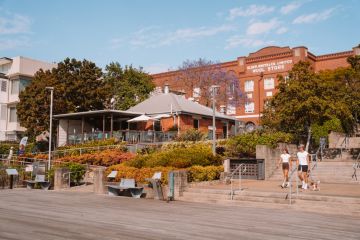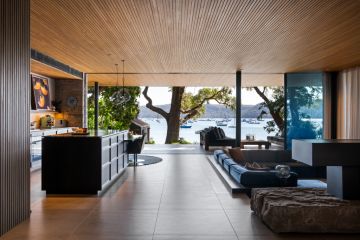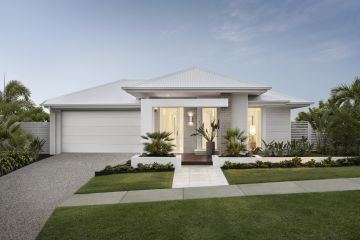Tasmania, Hobart house prices soar to unaffordable levels, reaching 'crisis point'
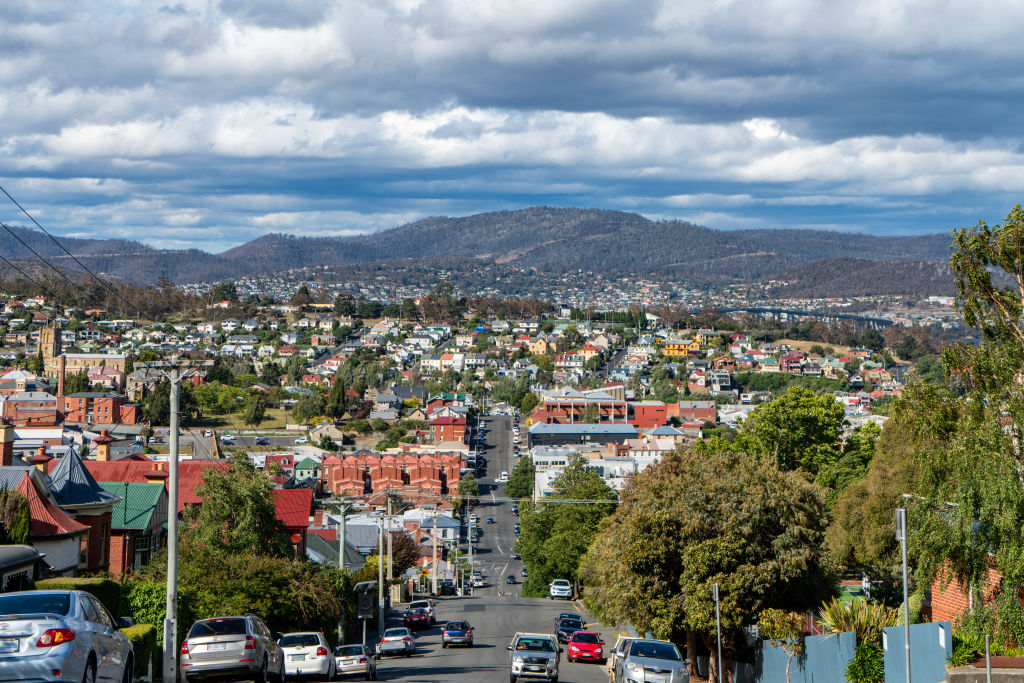
House prices in Tasmania’s Hobart rose an extraordinary 15.9 per cent last year – the second sharpest increase of all the nation’s capital cities – to reach a record median of $601,567, now topping that of Perth, Adelaide and Darwin.
Outside the capital, there’s been an even more massive surge in prices in some areas, with one suburb north-east of Hobart recording an incredible 26.8 per cent rise, Launceston seeing a 23 per cent jump and the Derwent Valley, 22.8 per cent.
The rocketing price trend revealed by the latest Domain Price House Report is great news for homeowners but grim for renters. As a result, Tasmania’s growing affordability crisis is likely to have a direct impact on this weekend’s state election.
“For the majority of Tasmanians who own property, and those who have a second property, usually a shack on the beach or in the mountains, it’s great news,” said Tasmanian-based economist Saul Eslake. “It’ll make people feel wealthier, they’ll have more confidence and they’ll spend more.
“But for tenants paying record-high rents, and with very low vacancy rates, it’s much harder to think of converting to buying a home; or for people wanting to upgrade, it’s now more and more expensive, especially as average weekly earnings are 13 per cent below the national average.”
Surging prices have caught many, even within the property industry, on the hop. Buyers’ agent Angie Roberts of My Hobart Home said many vendors were receiving up to 20 competing offers on their homes, as supply is so limited, and prices are spiralling as a result.
“It’s not unusual today for properties to go 40 per cent over the price that’s been put on a guide for houses around Hobart,” she said. “Prices are going crazy.
“Around 80 per cent of the buyers are local, and the rest are from the mainland, from Sydney and Melbourne. But those people are definitely having to reset their expectations of what their money will buy in Hobart now. They’re having to go further out, or spend a lot more money than they would have done even six months ago.”
The house price growth is being felt all around Tasmania. While the Hobart rise is second only to Canberra’s 19.5 per cent increase, they still pale beside some of the regional figures.
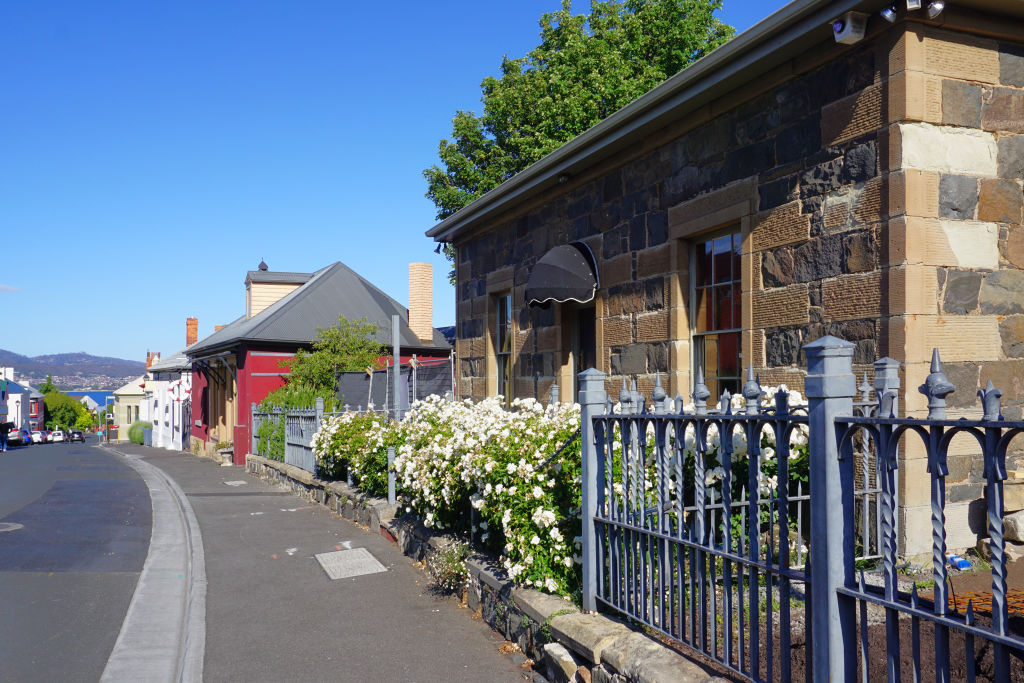
In Dodges Ferry in Sorell, the median price has shot up by 26.8 per cent, year-on-year, to $462,750 – a 79.7 per cent five-year rise – while Launceston’s 23 per cent increase has brought it to a median of $570,000, only $31,000 behind Hobart.
In the Derwent Valley, a short drive from the capital, the house median price in New Norfolk has risen by 22.8 per cent to $355,000. Shearwater in the Mersey-Lyell region has gone up 22.7 per cent to $460,000, and Penguin on the north-west coast has jumped by 22.4 per cent to $416,000.
Some owners are selling their investment properties to cash in on the feeding frenzy, which is making life even tougher for renters. Vacancy rates in some places, such as Jacqui Lambie’s hometown of Burnie on the north-west coast, are sitting at less than 0.5 per cent.
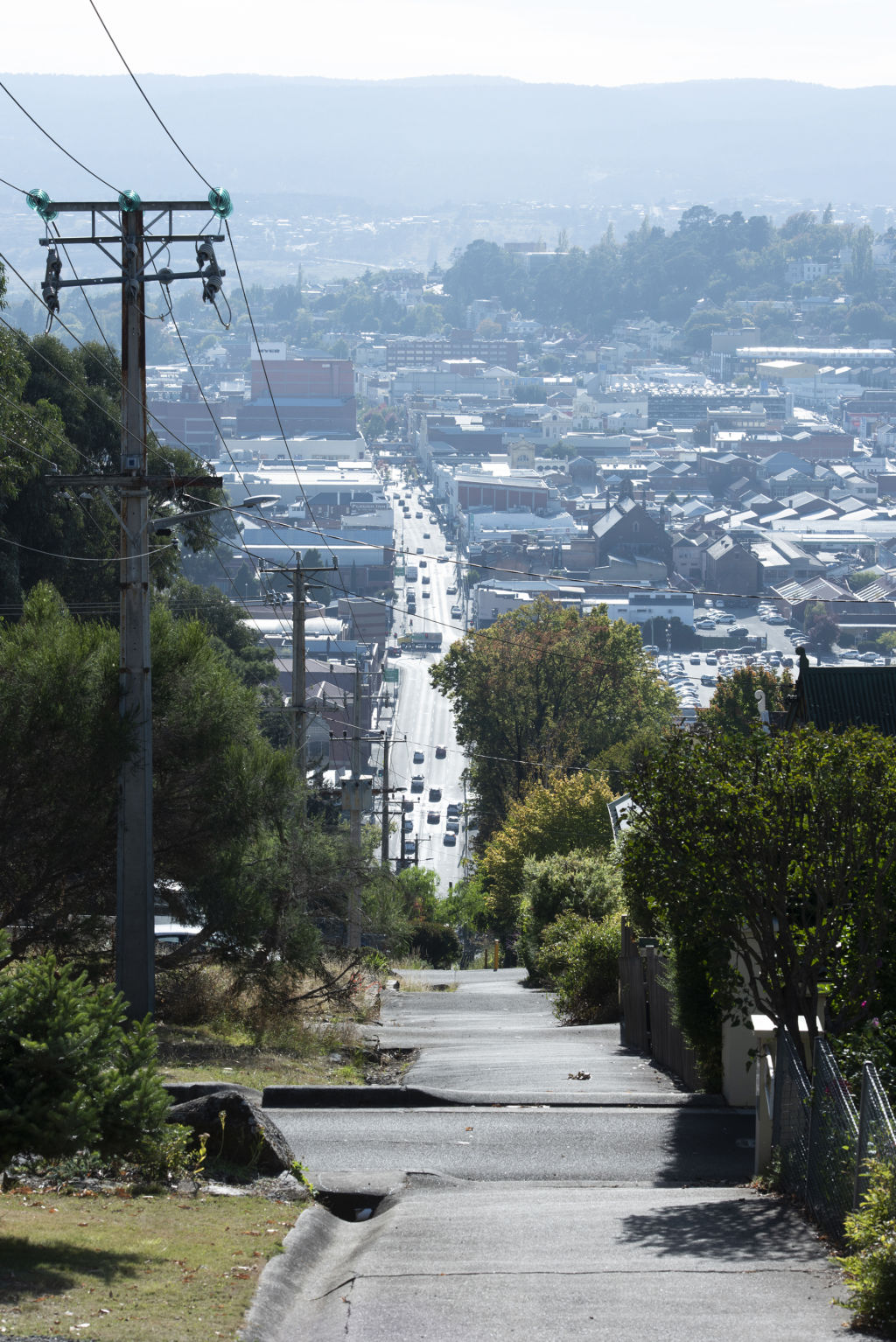
Housing Minister Roger Jaensch is coming under increasing pressure from his Labor Party opposition shadow housing spokesperson Alison Standen, who has accused him of “presiding over the worst rental and housing crisis in Tasmania’s history”.
The issue has been a centrepiece of the election, however a spokesperson from Mr Jaensch’s department was nonplussed.
“Tasmania’s economy is leading the nation and business confidence is high,” he said.
“While Government does not run market interference in housing prices, we have a number of initiatives in place to reduce the cost-of-living pressure, to open up more housing solutions and increase housing stock to keep pace with demand.”
But the housing situation is now out of control on the Apple Isle, argues Louise Elliot, president of the Tasmanian Residential Rental Property Owners Association.
With both rents and sale prices climbing so steeply, many more people will be left homeless if investors aren’t encouraged to hang on to their properties.
“We’re coming off the back of the country’s strictest COVID rents moratorium which was hard for property owners and now people are talking with the upcoming election of rent control which will push more owners to sell, with many of those homes going to inter-state buyers,” she said.
“Sales prices are super-high, rents are super-high and that’s really concerning from everyone’s perspective. If people can’t now afford to buy or rent, where are they going to live?”
We recommend
We thought you might like
States
Capital Cities
Capital Cities - Rentals
Popular Areas
Allhomes
More

